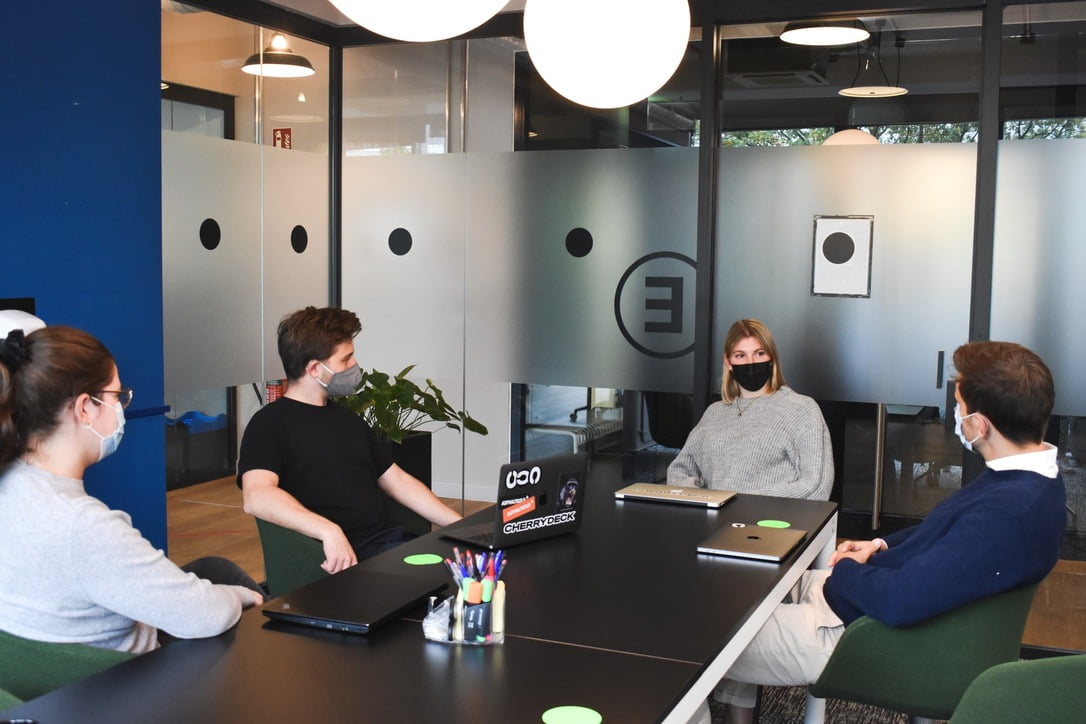Persistence: The Power of Perseverance in Achieving Long-Term Goals
Time Management: Mastering Your Priorities
The Power of Prioritization:
Effective time management is not just about doing more in less time but about doing the right things at the right time. As leaders, it’s crucial to identify our highest priorities and align our daily activities with our long-term goals. This involves delegating lesser tasks when appropriate and carving out time on the calendar for strategic thinking and important projects. Remember, managing your time well is equivalent to managing your life well, and it’s a key step towards achieving your long-term goals.
Action Steps:
- Audit Your Time: For one week, track how you spend your hours. Identify time wasters and look for patterns where you can consolidate similar tasks.
- Set Clear Priorities: Each morning, determine the three most crucial tasks that will make your day successful and focus on completing them first.
- Use Technology Wisely: Leverage tools and apps designed to improve productivity and minimize distractions, like task management software or focus-enhancing apps.
Communication: Building Strong Connections
Adapting to Your Audience:
Effective leaders understand that communication is not a one-size-fits-all endeavour. It’s essential to tailor your approach (verbal and written) to suit the diverse preferences of your team members, internal and external stakeholders, and clients. Adapting your style to meet varying needs can significantly enhance the strength of your connections and productivity.
Action Steps:
- Listen Actively: Make a conscious effort to listen more than you speak. Understand the underlying messages, not just the words.
- Regular Feedback: Provide constructive feedback in a timely manner. Make it specific, actionable, and focused on behaviour rather than personality.
- Practice Transparency: Communicate the “why” behind decisions to foster trust and alignment within your team.
Meeting Management: Enhancing Efficiency
Streamlining Decision-Making:
Effective meetings are crucial for making decisions and ensuring team alignment. Preparation, an agenda, clear objectives, resulting actions, and timelines are key to managing meetings that are both efficient and productive.
Action Steps:
- Prepare an Agenda: Always circulate a clear agenda before the meeting. Include topics, objectives, and times allotted for each section.
- Encourage Participation and decision-making: Use strategies like asking open-ended questions to encourage everyone’s contribution and keep the meeting dynamic. If a decision is to be made in the meeting, ensure it is made and communicated with clarity.
- Follow Up: End each meeting with clear action items, responsibilities, and timelines. Within 24 hours, send out a summary to ensure everyone is on the same page.
Presence: Commanding Respect and Attention
Acting with Intention:
A leader’s presence is about the ability to command attention and inspire action. This requires self-awareness, control over your emotions, and the ability to project confidence even under pressure.
Action Steps:
- Be Consistently Engaged: Show genuine interest in your interactions, whether in person or virtual. Maintain eye contact, nod your understanding, and avoid distractions.
- Set the Tone: Your demeanour sets the tone for your team. Use a calm, confident voice and body language that conveys openness and respect.
- Reflect on Your Impact: Regularly reflect on how others perceive your presence. Seek feedback and be willing to adjust to maintain or enhance your effectiveness.
In closing this month’s newsletter, we hope that these practical action steps will enhance your effectiveness in these areas, driving better results and stronger team dynamics.




